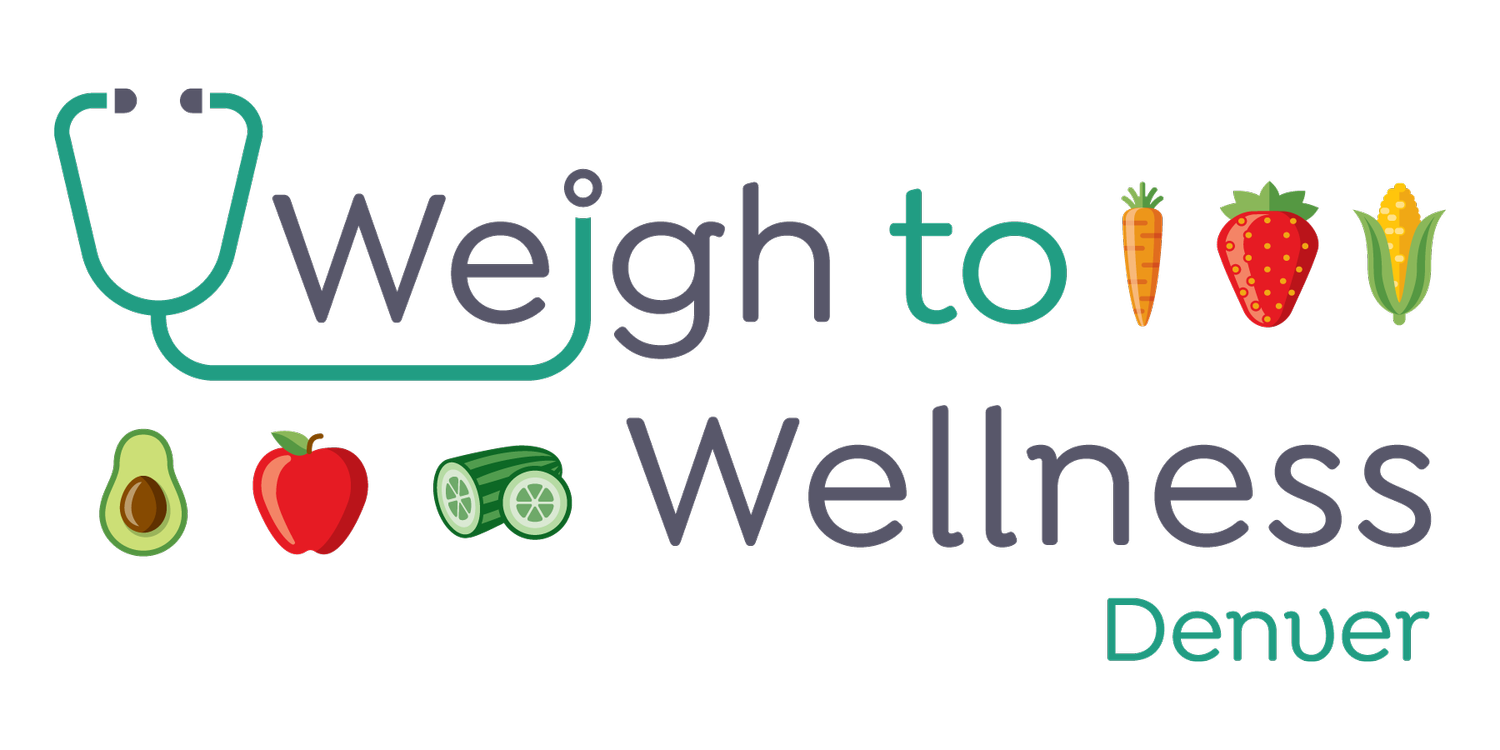Food Additives: Are they safe?
Food additives are a hot topic in the world of nutrition and weight loss. These substances are added to food to enhance flavor, appearance, or shelf-life, but they often raise questions about their impact on our health. For those on a weight loss journey, understanding food additives can be crucial for making healthier choices and achieving your goals.
What They Are
Food additives are substances added to foods to improve their quality, taste, texture and longevity. They can be natural or synthetic and serve various purposes. Here are some common types of food additives:
Preservatives: Extend shelf-life by preventing spoilage caused by bacteria, molds and yeast. Example: Sodium benzoate.
Colorings: Enhance or restore color to foods. Example: Tartrazine (Yellow No. 5).
Flavor enhancers: Improve the existing flavor of foods. Example: Monosodium glutamate (MSG).
Emulsifiers: Help mix ingredients that typically don't blend well, such as oil and water. Example: Lecithin.
These additives are found in many processed foods, from snacks and beverages to canned goods and baked items.
Are They OK for Us?
The safety of food additives is a topic of considerable debate. Regulatory bodies like the U.S. Food and Drug Administration (FDA) and the European Food Safety Authority (EFSA) are responsible for evaluating the safety of these substances. They conduct rigorous assessments to determine acceptable daily intake levels and ensure that additives do not pose significant health risks when consumed within these limits.
Potential Risks and Controversies
Despite the benefits, some food additives have raised health concerns. For instance, certain artificial colorings have been linked to hyperactivity in children, and some preservatives may trigger allergic reactions in sensitive individuals. Additionally, long-term exposure to some additives is still under investigation for potential links to more serious health issues.
Recent studies:
A 2019 study published in the Journal of Food Science investigated the impact of artificial sweeteners on gut health, suggesting that some may disrupt the balance of gut microbiota, potentially leading to metabolic issues.
A 2020 study in Nutrients examined the effects of emulsifiers on metabolic health. The research indicated that excessive consumption might contribute to obesity and metabolic syndrome by altering gut microbiota and increasing inflammation.
While regulatory agencies ensure that food additives are safe when consumed in moderation, it's important to stay informed about ongoing research and make dietary choices that align with your health goals. Moderation is key, and being aware of what’s in your food can help you make better decisions for your overall well-being.
How to Limit Them in Our Diet
Reducing food additives in your diet can be a practical step towards better health and weight management. Here are some tips to help you get started:
1. Read Food Labels:
Look for products with fewer ingredients and avoid those with unfamiliar or hard-to-pronounce additives.
Use an app like Yuka to scan labels and get a better understanding of the ingredients listed and any health concerns associated with those ingredients.
2. Cook and Eat Fresh Foods:
Prepare meals at home using fresh, whole ingredients.
Incorporate more fruits, vegetables, lean proteins, and whole grains into your diet.
3. Choose Alternatives:
Choose natural sweeteners like honey or maple syrup instead of artificial ones.
4. Plan and Shop Smart:
Plan your meals and snacks ahead of time to avoid impulsive purchases of processed foods.
Shop the perimeter of the grocery store, where fresh produce, meats, and dairy are typically located.
Understanding food additives and their impact on health is essential for anyone on a weight loss journey. While many additives are deemed safe, it's wise to consume them in moderation and prioritize fresh, whole foods. By being mindful of food labels and making informed choices, you can take control of your diet and support your weight loss goals.
References:
Journal of Food Science, 2019. "Artificial Sweeteners and Gut Health."
2. Nutrients, 2020. "Emulsifiers and Metabolic Health."

